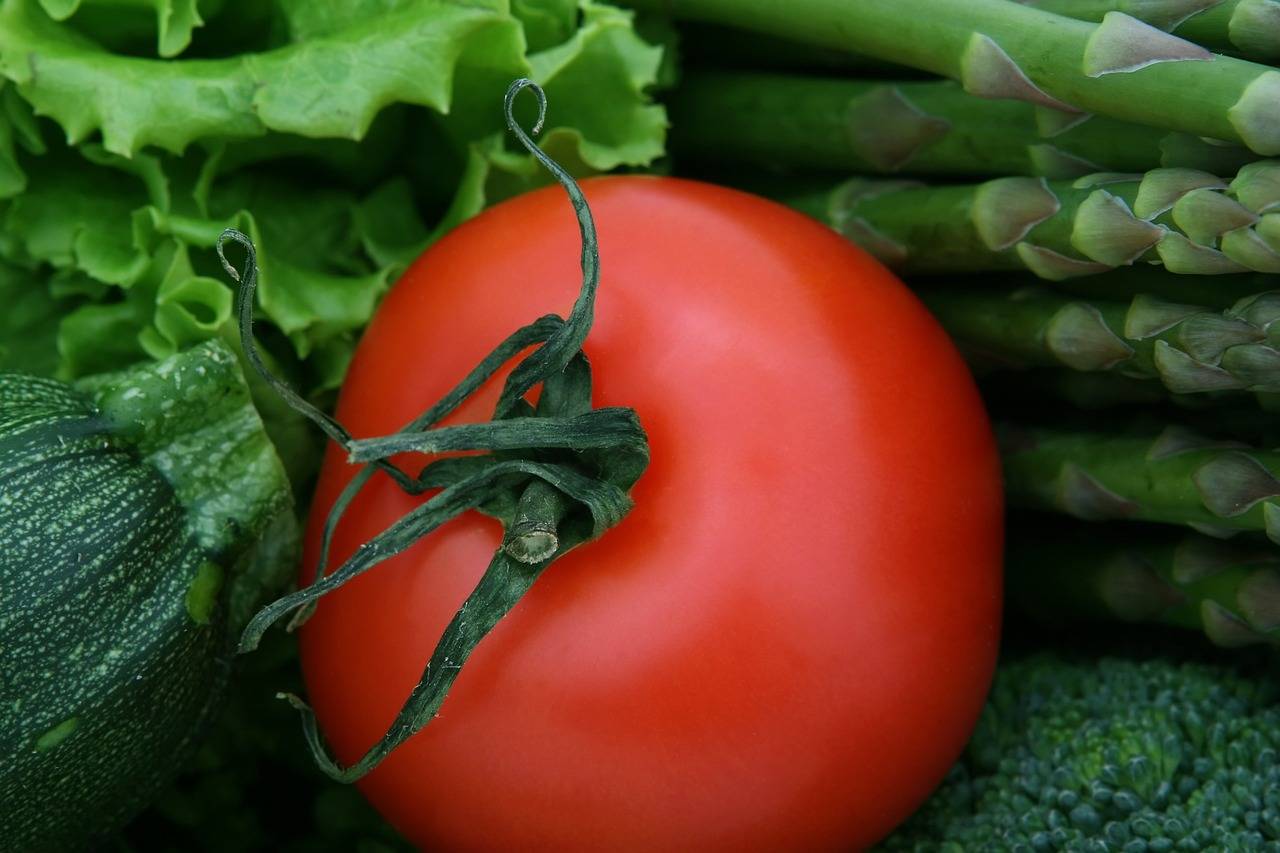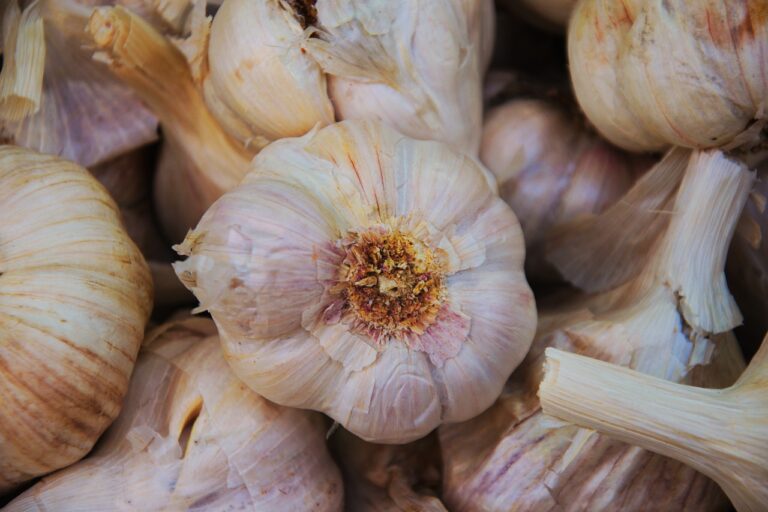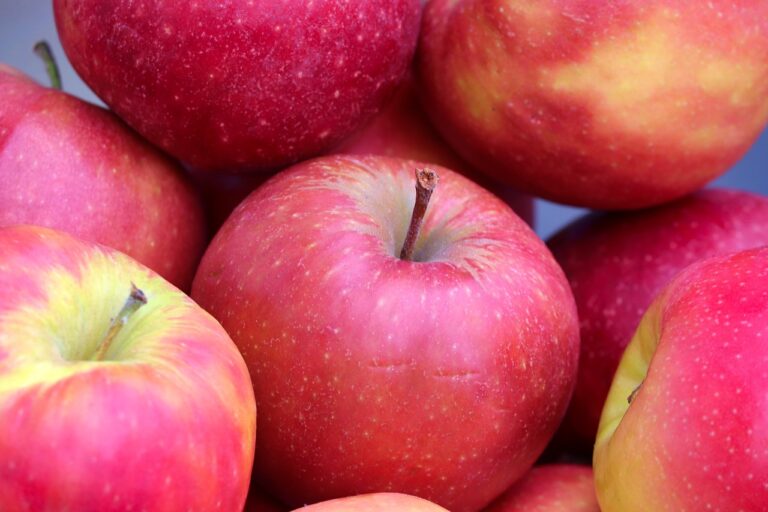Understanding the Benefits of Herbal Medicine
Plants have been used as a source of healing for centuries across various cultures. From ancient civilizations to modern-day practices, the power of plants in promoting health and well-being has been well-documented. Through the extraction of compounds from leaves, roots, and flowers, these natural remedies have provided relief for a wide range of ailments.
The effectiveness of plant-based medicine lies in its ability to harness the therapeutic properties of nature. Many pharmaceutical drugs are actually derived from plant compounds, highlighting the profound impact that plants have on our health. As more people seek natural alternatives and holistic approaches to healthcare, the healing power of plants continues to be a valuable resource in promoting overall wellness.
Herbal Medicine Through History
Throughout history, plants have played a significant role in the practice of medicine. From ancient civilizations to modern times, herbal remedies have been used to treat a wide range of ailments and improve overall well-being. The knowledge and use of medicinal plants have been passed down through generations, with each culture adding to the collective understanding of herbal medicine.
In early societies, healers and shamans relied on plants to alleviate pain, fight infections, and promote healing. The effectiveness of these herbal remedies was observed and documented, leading to the development of more sophisticated medical practices over time. As civilizations flourished and trade routes expanded, the exchange of medicinal plants and knowledge helped to shape the diversity and complexity of herbal medicine across different cultures.
What is herbal medicine?
Herbal medicine is the use of plants and plant extracts to treat various illnesses and promote overall health.
How far back does the use of herbal medicine date?
The use of herbal medicine dates back thousands of years, with evidence of its use found in ancient civilizations such as the Egyptians, Greeks, and Chinese.
What are some common plants used in herbal medicine?
Some common plants used in herbal medicine include ginger, garlic, echinacea, and ginseng.
Is herbal medicine considered safe?
When used appropriately and under the guidance of a trained practitioner, herbal medicine is generally considered safe. However, it is important to consult with a healthcare provider before using any herbal remedies, especially if you are pregnant, nursing, or taking medications.
How does herbal medicine differ from modern medicine?
Herbal medicine focuses on using plants and natural remedies to heal the body, while modern medicine often relies on synthetic drugs and surgical interventions. Herbal medicine also takes a more holistic approach to health, considering the mind, body, and spirit as interconnected.
Can herbal medicine be used in conjunction with modern medicine?
In many cases, herbal medicine can be used in conjunction with modern medicine to enhance treatment outcomes. However, it is important to inform your healthcare provider of all herbs and supplements you are taking to avoid any potential interactions with medications.





